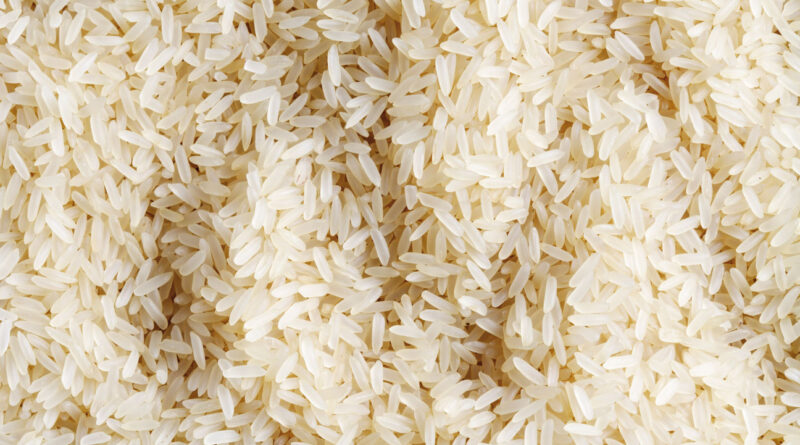Diaspora Tamils demand revoking of rice export ban by Indian govt
IANS
Non-resident Tamils have expressed serious concerns over the ban on rice export from India as a huge Tamil diaspora have been grievously affected by the Union government’s decision.
As rice is a staple food in the South Indian states of Kerala, Karnataka, Tamil Nadu, Andhra, Telangana and Puducherry, the export ban has also led to a shortage of other varieties of rice including boiled rice.
In this regard, the Non-Resident Tamil Welfare Board, an organisation representing the Tamil diaspora spread across the globe, said in a statement that the ban has led to the disruption of the supply chain and that Tamils living abroad are finding it difficult to get their choice of specific varieties of rice.
Karthikeya Sivasenapathy of the Non-Resident Tamil Welfare Board, said in the statement that the disruption in the supply chain has also led to challenges in preserving the culinary traditions of non-resident Tamils. He added that the board has urged the Union government to revoke the export ban.
The board was reacting to the Union government announcement on August 27. The government has decided not to allow exports of basmati rice below $1,200 (Rs 99,680) per tonne to restrict possible “illegal” shipment of white non-basmati rice in the garb of premium basmati rice. In a statement at the time, the Commerce Ministry said it has directed trade promotion body APEDA (Agricultural and Processed Food Products Export Development Authority) not to register contracts below $1,200 per tonne. Existing contracts below $1,200 per tonne have been kept in abeyance. A committee under the chairman of APEDA will be set up to evaluate future courses of action.
Karthikeya further said in his statement with regard to the present situation that immediate measures should be taken to ensure a steady supply of rice to Tamil communities worldwide. He also stressed that the rice varieties essential for the traditional Tamil dishes are a necessity, urging the Union government to take proactive measures.
Karthikeya added that the need for export restrictions on rice was to ensure domestic food security, but a balanced approach was essential in this regard and called upon the Union government to safeguard the interests of the Tamil population living abroad.
This article has been republished from The news minute

